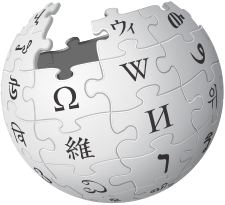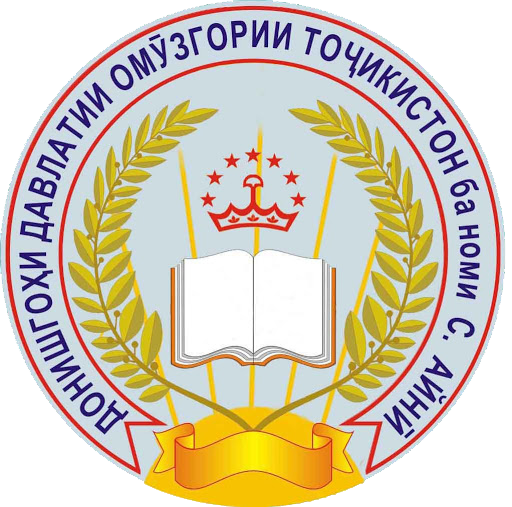Wikipedia
Wikipedia (/ˌwɪkɪˈpiːdiə/ (About this soundlisten) wik-ih-PEE-dee-ə or /ˌwɪkiˈpiːdiə/ (About this soundlisten) wik-ee-PEE-dee-ə) is a multilingual online encyclopedia created and maintained as an open collaboration project[4] by a community of volunteer editors using a wiki-based editing system.[5] It is the largest and most popular general reference work on the World Wide Web,[6][7][8] and is one of the 20 most popular websites ranked by Alexa, as of March 2020.[9] It features exclusively free content and no commercial ads, and is owned and supported by the Wikimedia Foundation, a non-profit organization funded primarily through donations.[10][11][12][13] Wikipedia was launched on January 15, 2001, by Jimmy Wales and Larry Sanger.[14] Sanger coined its name,[15][16] as a portmanteau of "wiki" (the Hawaiian word for "quick")[17] and "encyclopedia". Initially an English-language encyclopedia, versions of Wikipedia in other languages were quickly developed. With 6 million articles, the English Wikipedia is the largest of the more than 300 Wikipedia encyclopedias. Overall, Wikipedia comprises more than 51 million articles[18] attracting 1.5 billion unique visitors per month.[19][20] In 2005, Nature published a peer review comparing 42 hard science articles from Encyclopædia Britannica and Wikipedia and found that Wikipedia's level of accuracy approached that of Britannica,[21] although critics suggested that it might not have fared so well in a similar study of a random sampling of all articles or one focused on social science or contentious social issues.[22][23] The following year, Time magazine stated that the open-door policy of allowing anyone to edit had made Wikipedia the biggest and possibly the best encyclopedia in the world, and was a testament to the vision of Jimmy Wales.[24] Wikipedia has been criticized for exhibiting systemic bias, for presenting a mixture of "truth, half truth, and some falsehoods",[25] and for being subject to manipulation and spin in controversial topics.[26] Wikipedia has also been criticized for gender bias, particularly on its English-language site, where the dominant majority of editors are male. However, Edit-a-thons have been held to encourage female editors and increase the coverage of women's topics.[27][28] Facebook announced that by 2017 it would help readers detect fake news by suggesting links to related Wikipedia articles. YouTube announced a similar plan in 2018.[29]
Подпишитесь чтобы видеть посты



 Таджикский
Таджикский